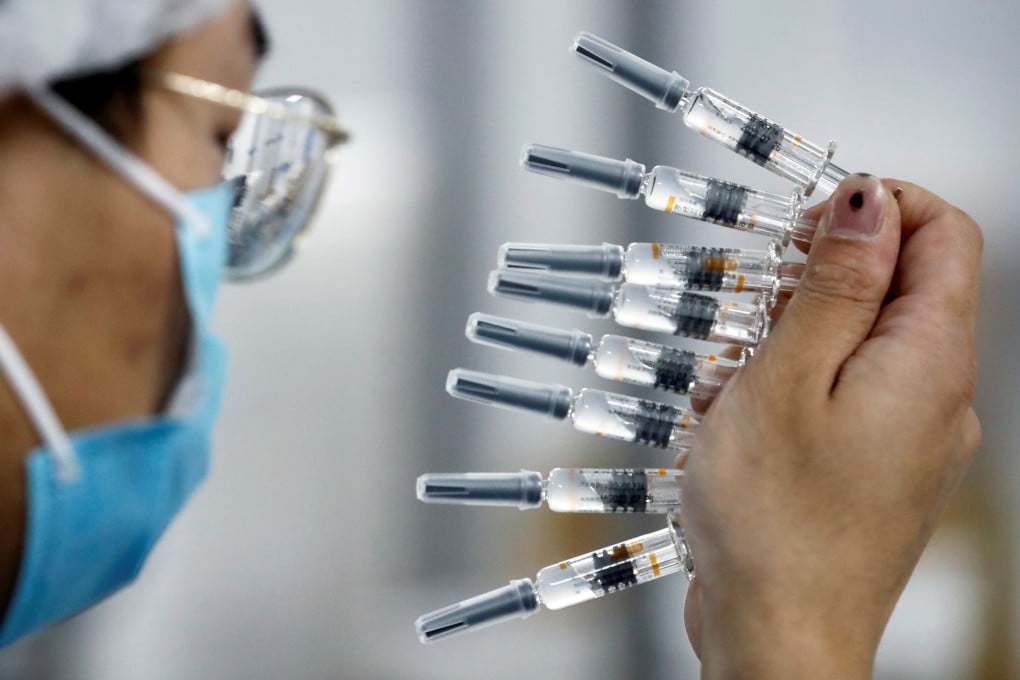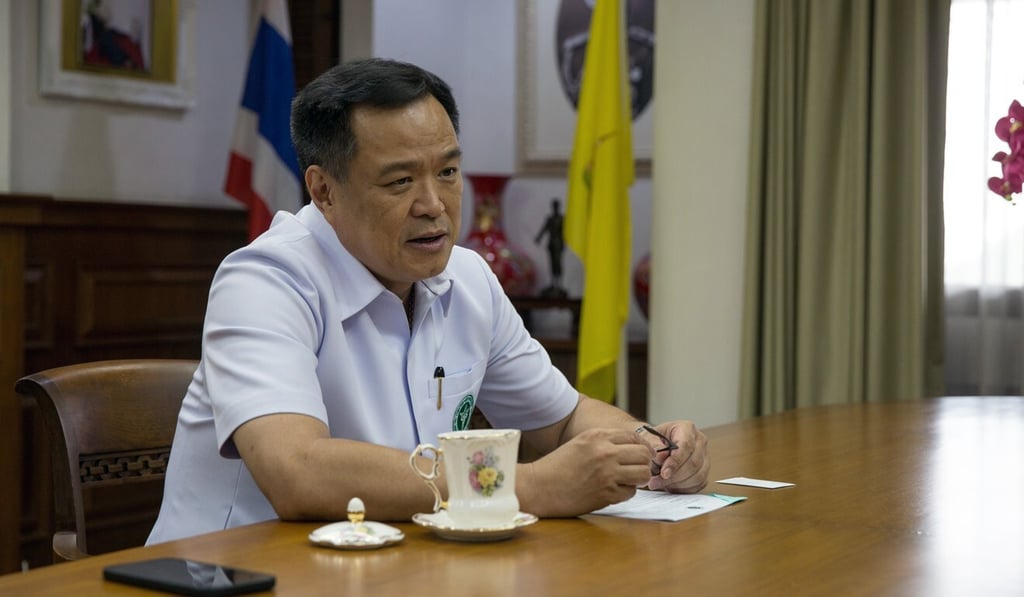Coronavirus: Thailand bets on China’s Sinovac vaccine; India has ‘no concerns’ over AstraZeneca shots
- Thai drug regulator expected to approve Sinovac’s shots for emergency use this month, as India ordered 10 million more AstraZeneca doses
- Elsewhere, South Korea’s PM called for businesses in Seoul to comply with virus curbs, and Malaysia eased some lockdown restrictions

The Thai drug regulator is expected to approve Sinovac’s shots for emergency use parallel to the arrival of the first shipment of 200,000 doses later this month, Deputy Prime Minister and Health Minister Anutin Charnvirakul said on Monday. But the bulk of the nation’s vaccine needs will be met from AstraZeneca’s shots to be locally produced by a Thai drug maker, he said.
“The big plan is to use AstraZeneca vaccines to distribute to everyone in Thailand, starting from June onwards,” Anutin said in an interview on Monday. “It’ll take until the end of the year to complete 63 million doses. The coverage will be beyond 60 per cent to 65 per cent of the population,” excluding those below 18 and pregnant women, he said.

Siam Bioscience, which has an agreement with AstraZeneca to manufacture its vaccine locally, will be able to supply at least 10 million doses a month to the government’s vaccination programme, Anutin said. The initial output from Siam Bioscience will be exclusively available to Thailand and the AstraZeneca vaccine remains “our preferred option to secure and guarantee on-time delivery”, he said.
Siam Bioscience’s plant has a production capacity of up to 200 million doses per year and the firm, with links to the Thai monarchy, plans to export to countries in the Southeast Asia.